23 international patents on low-power screens for computers and phones are now licensed under the new Defensive Patent License (DPL) version 1.1, a free license that encourages public sharing of patented inventions. The patents were invented by Pixel Qi, a sunlight-readable, low-power liquid crystal display startup. They are now owned and licensed by John Gilmore, co-founder of the Electronic Frontier Foundation.
"Patent owners have the power to reduce the excesses of patent law by using an appropriate public license. The DPL is modeled on the GNU General Public License and the Creative Commons Share-Alike license, which allow and encourage sharing of copyrighted works. The DPL allows and encourages sharing of patented inventions. Those who choose to share their inventions make the world a better place, without reducing the commercial value of their patents. Joining with other contributors, they gradually build a patent commons whose strength can rival proprietary patent pools," said John Gilmore.
"The whole world spends hours per day reading from screens and those screens are the largest battery drain in devices, so I invented these technologies to improve our visual experience and to reduce the power wasted by screens," said Mary Lou Jepsen, founder and CTO of One Laptop Per Child and Pixel Qi. "Pixel Qi failed as a business because the world wasn’t ready for low power devices, but these technologies still enable a path to make phones, computers, TVs, and car consoles look better while slashing power draw and making batteries last days or weeks longer. I am happy to support John and the launch of the DPL."
"John's commitment is a strong step toward building a broad network of patent owners who care about our freedom to access and innovate with technology. DPL patents are pro-innovation and pro-competition" said Jason Schultz, clinical professor at NYU School of law and co-author of the DPL with Jennifer Urban, a clinical professor at Berkeley Law. "The more patent owners that participate, the more benefits are created for DPL users -- and for all people and companies who have no patents."
The DPL is an open source-style patent license that legally and publicly commits its users to protecting the freedom to share and improve patented inventions, among a community of like-minded people. It also helps to establish a robust body of prior art that deters subsequent attempts to patent the same inventions in ways that restrict access and freedom.
Under the terms of the DPL, anyone in the world can license Gilmore's patents royalty-free as long as they offer the same freedom with respect to all of their own patents and any future patents they may acquire. They make this offer to everyone else in the DPL community, by simply publishing their own commitment to the License. One does not need to own any patents to become part of the DPL community. Anyone without patents can make the same commitment and get free use of all DPL-licensed patents.
Further information on Mr. Gilmore's DPL commitment and DPL v1.1 will be discussed on the Announcement Conference Call:
Tuesday, Dec. 9, 1:00 p.m. Pacific Time
Dial-in: 1-866-740-1260 | Access Code: 642 1957
Defensive Patent License
http://www.defensivepatentlicense.org
GNU General Public License
https://gnu.org/licenses/gpl.html
Creative Commons Share-Alike License
https://creativecommons.org/licenses/by-sa/4.0/
Electronic Frontier Foundation
John Gilmore
https://en.wikipedia.org/wiki/John_Gilmore_%28activist%29
Patents licensed by John Gilmore under the Defensive Patent License
http://www.defensivepatentlicense.org/content/known-dpl-users-and-patents
